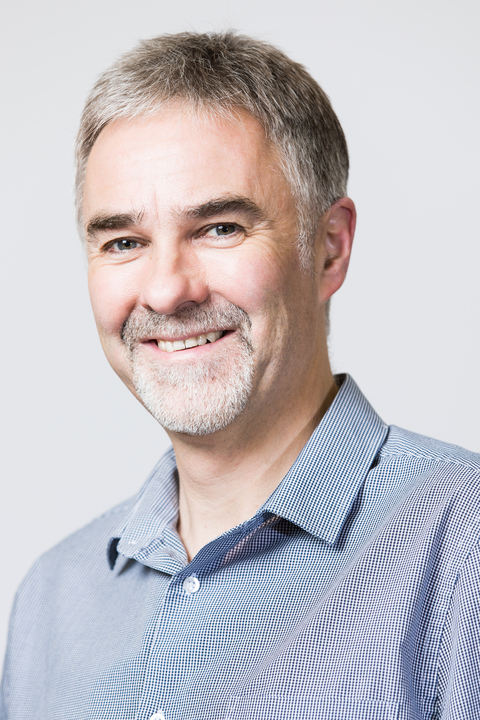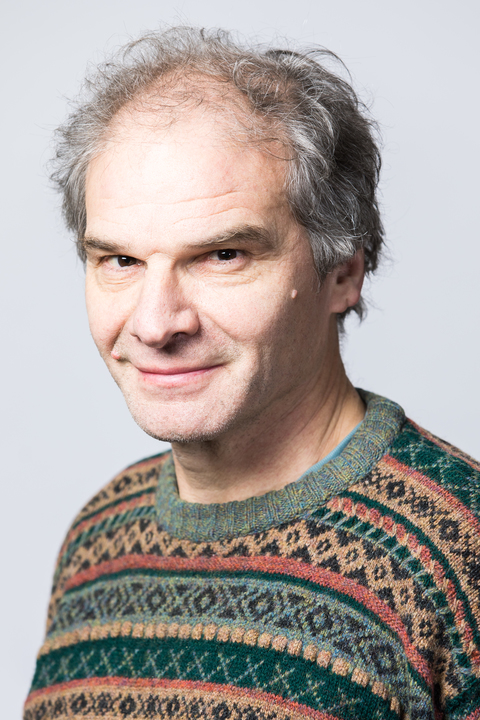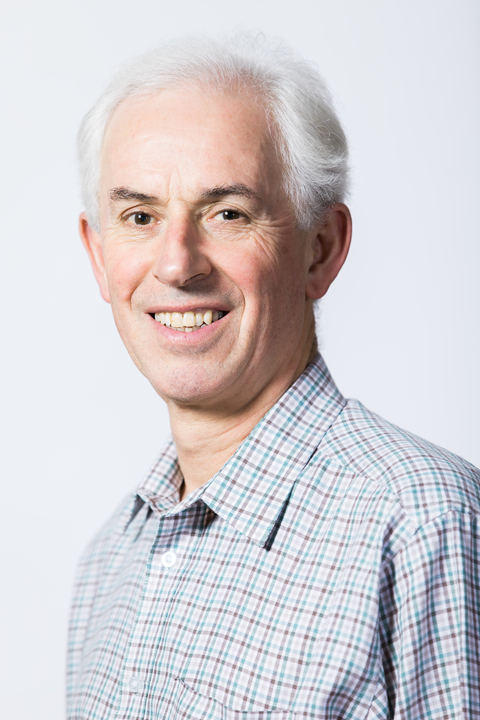
Energy Systems
Advanced electronic/optoelectronic technologies designed to allow stable, intimate integration with living organisms will accelerate progress in biomedical research; they will also serve as the foundations for new approaches in monitoring and treating diseases.

- Ph.D. "Violent wave action at seawalls and breakwaters", 2006
- BSc (hons) Astrophysics, University of Edinburgh, 1987
- MSc Astronomical Technology, University of Edinburgh, 1988
- Co-Manager, EPSRC Coastal Structures Network
- Full member, International Society of Offshore and Polar Engineers (ISOPE)
- Wave - structure interaction
- Wave hydrodynamics
- Flow measurement - Particle Image Velocimetry (PIV)
- Associate Schools Liaison Officer (with SRA)

Professor Win Rampen was a founder and Managing Director of Artemis Intelligent Power which has pioneered the development of the ultra-efficient and controllable Digital Displacement ® hydraulic technology. Since its creation in 1994, Win has overseen the growth of Artemis to 50 employees.
Win grew up on a farm near Toronto before training as an engineer. After graduation, he came to the UK in 1978 to work with Professor Stephen Salter and his wave power team at the University of Edinburgh. It was there that he first encountered Robert Clerk and his radical hydraulic machines - which were intended for the Salter Duck's power take-off system.
After a few years working as a lecturer in Canada, during the 1980s, Win returned to the University to continue working on the advanced hydraulic machines needed not only for waves but, also, other forms of renewable energy. Win led the project at the University and developed the early prototypes. That work led to a doctorate in 1993 and the creation of Artemis in 1994. Artemis grew organically until it was acquired by Mitsubishi in 2010.
Win holds the Chair of Energy Storage at the University of Edinburgh and is a Fellow of the RSA, the IMechE and the Royal Academy of Engineering.

- BSc, PhD
- CEng, FIET, FHEA
- Power Electronics (MSc)
- Power Engineering 2
- Power Electronics 4
- Power Conversion 4
- Power Conversion (MSc)
- Power Electronics and Machines 3
- Power electronics, renewable energy systems
- Senior Lecturer
